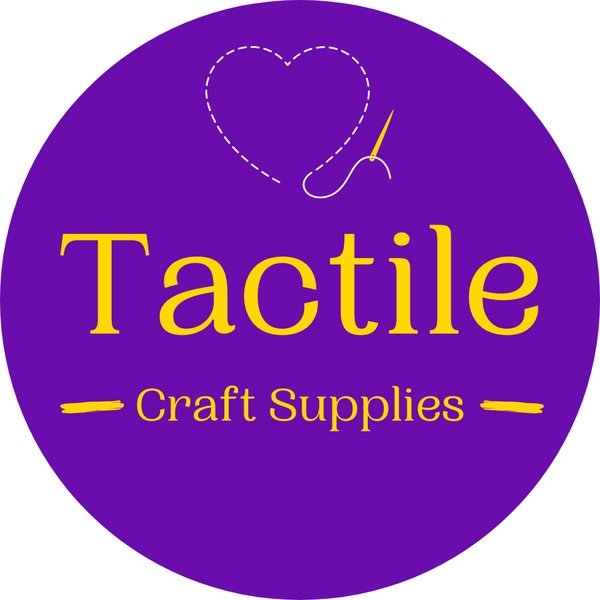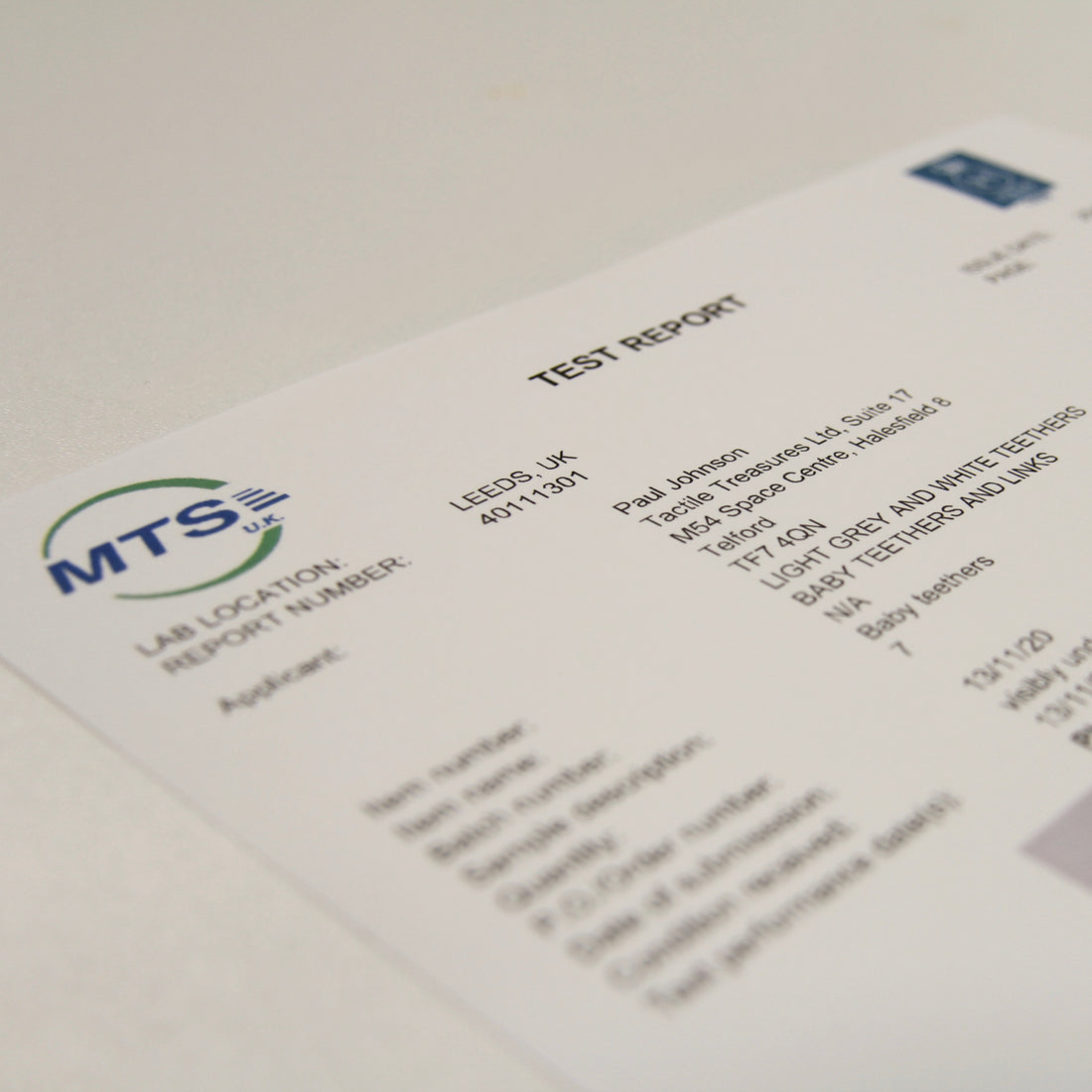The requirement for additional information so you can sell soft toys under the UKCA mark in the UK
We are being asked specifically for EN71-3:2019+A1:2021, REACH, OKEO TEX-100 and EN71 Annex II Appendix C documentation for your technical files so you can sell your products.
We will attempt to breakdown the requirements explaining what they are and what we can help with as a company.
EN71-3:2019+A1:2021
All our products have been tested to the above standard and we issue a Declaration of Conformity (DoC). We will not be providing a breakdown of the chemical results or safety data sheets to back up this information on our DoC. We are not legally bound to test to EN71 standard we do this purely for commercial reasons.
The up to date DoC’s are on our website to order and will only be emailed if you have satisfied the requirement with regards to minimum purchases.
REACH – Do all products sold in the UK need to be tested?
We are receiving a lot of messages saying we need your REACH certificates, and it is a requirement of law that you have them.
Actually not all products need to be REACH certified, but some products may require compliance with the REACH regulation in the European Union (EU) and the United Kingdom (UK). REACH stands for Registration, Evaluation, Authorisation and Restriction of Chemicals, and it is a comprehensive regulation that aims to ensure the safe use of chemicals within the EU and the UK.
The REACH regulation applies to all chemical substances manufactured or imported into the EU in quantities of one tonne or more per year. It also applies to articles that contain substances of very high concern (SVHCs) in concentrations of 0.1% or more by weight.
If a product contains a chemical substance that is regulated under REACH, then the manufacturer or importer of the product must comply with the relevant requirements, such as registration, evaluation, and authorization. However, if the product does not contain any regulated chemical substances, then it does not need to be REACH certified.
It's worth noting that some countries or regions may have their own regulations or requirements regarding chemicals in products, and it's important to check the relevant regulations and requirements for the specific product and market.
If we hold a REACH certificate of a product that is not readily available in the public domain then we will issue a Declaration of Conformity.
OEKO-TEX 100
Similar issues to REACH it’s not a legal requirement to test. It is an independent body which gives the larger manufacturers credibility and shows that they are applying high standards.
OEKO-TEX Standard 100 is an international testing and certification system for textiles. It was developed by the International Association for Research and Testing in the Field of Textile Ecology (Oeko-Tex) and is widely recognised as a standard for textiles that have been tested for harmful substances.
The OEKO-TEX Standard 100 certification applies to all stages of textile production, from the raw materials used to the finished product. It includes testing for harmful substances such as formaldehyde, heavy metals, pesticides, and phthalates, among others.
The certification is voluntary and is awarded to textiles that meet strict criteria for safety and sustainability. It provides consumers with confidence that the textiles they are purchasing have been tested for harmful substances and are safe to use.
There are different levels of certification within the OEKO-TEX Standard 100 system, depending on the intended use of the textile. For example, the certification criteria for baby clothes are more stringent than those for adult clothing.
If we hold a OEKO-TEX100 certificate of a product that is not readily available in the public domain then we will issue a Declaration of Conformity.
EN71 Annex II Appendix C
This is a major issue to prove compliance as it needs further testing in a lab. I can assure you we will not as a company be paying for these additional costs. At present we are not getting a return on the testing investment we have made and to undertake further testing in the present economic climate is lunacy. Testing is the only way to show compliance unless you have a complete breakdown of all the raw chemicals used in the manufacturing process.
How do most of our suppliers operate?
Most of our suppliers operate as ISO9001:2015 certified businesses.
ISO 9001 is a globally recognised standard for quality management systems. Organisations can be certified to this standard by an accredited third-party certification body after demonstrating compliance with the requirements of the standard.
ISO 9001 certification indicates that an organisation has implemented a quality management system that meets the requirements of the standard, which includes:
- Customer focus: The organisation is focused on meeting customer needs and expectations.
- Leadership: Top management provides leadership and establishes a quality policy and objectives.
- Engagement of people: People at all levels of the organisation are involved in the quality management system.
- Process approach: The organisation manages its processes to achieve its objectives.
- Improvement: The organisation is committed to continually improving its processes and the effectiveness of the quality management system.
- Evidence-based decision making: The organisation makes decisions based on data and information.
- Relationship management: The organisation manages its relationships with interested parties, including customers, suppliers, and regulatory bodies.
ISO 9001 certification demonstrates that an organisation has a robust quality management system in place and is committed to meeting customer needs and continually improving its processes. It can be beneficial for organisations in a variety of industries, as it can improve customer satisfaction, increase efficiency, and enhance overall performance.
If we hold a ISO9001:2015 certificate from one of our suppliers then we will issue a Declaration of Conformity.
Does a ISO9001 certified company also comply with REACH Regulations?
ISO 9001 certification and compliance with REACH regulations are two separate things, and one does not necessarily indicate compliance with the other.
ISO 9001 certification indicates that a company has implemented a quality management system that meets the requirements of the ISO 9001 standard. This standard focuses on quality management and customer satisfaction and does not specifically address chemical substances or their regulation.
REACH (Registration, Evaluation, Authorization and Restriction of Chemicals) is a regulation in the European Union (EU) and the United Kingdom (UK) that aims to ensure the safe use of chemicals. Compliance with REACH regulations is required for any company that manufactures, imports, or supplies chemical substances or products containing chemical substances in the EU and the UK.
While ISO 9001 certification does not specifically address REACH compliance, a company that has implemented a quality management system in accordance with ISO 9001 may find it easier to comply with REACH regulations. This is because ISO 9001 emphasizes the importance of identifying and managing risks and opportunities, which can be applied to the management of chemical substances and their associated risks under REACH.
However, to demonstrate compliance with REACH regulations, a company must specifically address the requirements of the regulation and ensure that its products and processes are in line with the applicable REACH requirements.
An example of what we are up against
One popular product is our HTV range and this is a premium product produced for us by one of the biggest manufacturers. We have asked for Safety Data Sheets and that information is so commercially sensitive they will not release it in case a competitor gets it. They do operate as an ISO9001:2015 certified company and only use the finest grade chemicals within the process as stated in emails. How do they know they are operating safely and I quote, “We only use the purest chemicals in the world sourced from environmentally friendly sourced suppliers, we don’t ned to test as our standards are higher than any regulated standards.” That’s fantastic that they are operating ethically and to high standards but it doesn’t help you as toy makers.
Conclusion
This is an absolutely nightmare situation for you guys to be able to sell your products; however, all is not lost and we will do whatever we can. It appears the board of the European Committee for Standardisation (CEN – the people who decide what is in the EN71 standards) are trying to place as many obstacles as possible in your way to protect the large toy manufacturers market, that’s just my opinion!
You are mainly going to get Declaration of Conformances from us. They will basically say what the company standard is for the product in question so you might get a DoC saying ISO9001 certified or it may be OEKO-TEX100.
If you are of the understanding that you are going to get a nice REACH, GOTS or Okeo-Tex100 certificates for your technical file sorry it’s not going to happen as most companies don’t test to these standards.
We will not be issuing any certificates from our suppliers as these can be traceable and we aim to keep them confidential. We will also NOT be testing our products to any of these standards ourselves.
You will have to assess the potential risks in the risk assessment and then make a judgement whether you have reduced the risks to a low even level to be able to sell your soft toy. If you are satisfied the risks are low then you have done as much as you can to mitigate any potential risks; however, if you feel the risks are too high then you need to look at ways to reduce that risk.
All I can issue is a Declaration of Conformance stating that the company is ISO9001:2015 certified, REACH or OEKO-TEX100 certified respectively.
The big question you have to ask, “is that product compliant and satisfies the requirements of the Toy Safety Standards?”, well that’s a decision for you as the soft toy maker to assess and make.
Dated 6th March 2023

